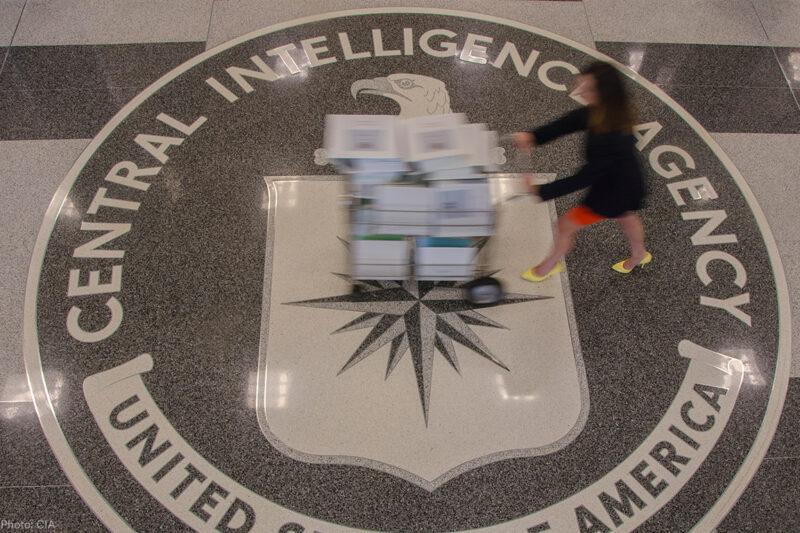
In a win for government transparency about its lethal actions overseas, a federal judge has told the CIA that it can’t refuse to “confirm or deny” whether it knows anything about a military operation when the agency’s director was present at the White House dinner where the action was approved.
The judge rejected the Trump administration’s extreme secrecy claim in a ruling Wednesday in our Freedom of Information Act lawsuit seeking records on the January 2017 raid in Yemen that killed as many as 25 Yemeni civilians and one Navy SEAL.
Days after President Trump took office, he approved the dead-of-night raid in al Ghayil, Yemen. Although he called the raid “successful,” the strike had actually gone awry. Soon after, the ACLU filed a FOIA request demanding to know who in the government planned and approved the raid, what the legal basis for it was, and who the U.S. government killed.
The Departments of Defense, Justice, and State produced most of their records with heavy redactions, some of which we are challenging in court. But the CIA refused to respond at all, falsely claiming that if it confirmed or denied whether it had records, it would reveal whether the CIA had an “intelligence interest” in the raid.
This refusal to answer a FOIA request — known as a “Glomar” response — has become par for the course for the CIA. The agency has often relied on such overbroad secrecy tactics, claiming that if its intelligence interests are revealed, it could harm national security — even if the CIA’s interest is already obvious. We thought that approach might change after courts in our previous cases rejected similar claims, but in this case, the CIA’s Glomar attempt was even more brazen.
That’s because the Trump White House had already directly and publicly acknowledged the CIA’s intelligence interest in the raid. And it wasn’t a casual, off-hand statement: In the face of mounting criticism of the operation and its human costs, then-Press Secretary Sean Spicer defended the “intelligence gathering” operation, saying that several of Trump’s top advisors were at a dinner meeting where the raid was approved — including then-CIA Director Mike Pompeo.
We told the court that the CIA couldn’t continue to hide something that isn’t even remotely a secret. Nor can it selectively disclose information to defend its actions while hiding behind “official” secrecy in court. Outrageously, the CIA continued to argue that just because Pompeo was at the meeting, it didn’t mean that he had participated in the meeting, or that he was part of the decision-making process at all.
In its opinion this week, the court rejected the CIA’s preposterous contentions. The judge said that the government had already “clearly disclosed” what the CIA was trying to hide — its intelligence interest in the raid — and it was implausible the CIA wouldn’t have records. He wrote:
The Court is unprepared to accept that the CIA Director attended the meeting with the President in which that Raid was discussed and appears to have been approved, but that neither he nor his staff ever generated or received any documentation whatsoever (even in the form of a calendar entry or preparatory paperwork) related to that meeting or the Raid before, during, or after these occurred.
By rejecting the CIA’s blanket secrecy arguments, the court is sending a clear signal: The CIA is not outside the law, and it cannot continue to hide its actions without good reason. It’s a warning the CIA needs to hear.
This matters for the families of the people who were killed or injured in this tragic raid. It matters because under President Trump, this country’s record of unjustified secrecy about lethal strikes in overseas conflicts that it helps cause — like the ongoing one in Yemen — is becoming even worse. And it matters because the American people need to know what the government is doing in our name.

